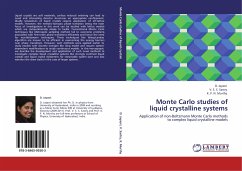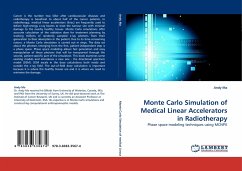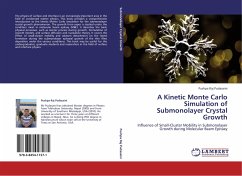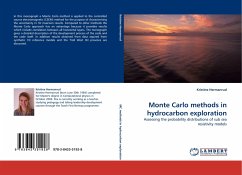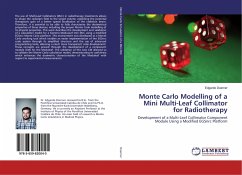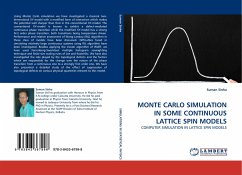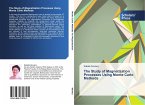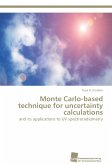Liquid crystals are soft materials, surface induced ordering can lead to novel and interesting director structures on appropriate confinement. Ideally simulations of liquid crystals require application of off-lattice models. However, the nematic-isotropic phase transition being the main focus of investigations in this work can be studied with lattice models which are computationally simple to tackle. Conventional Monte Carlo techniques like Metropolis sampling method fail to overcome problems associated with first-order phase transitions efficiently and hence the need for non-Boltzmann techniques. These techniques like Wang-Landau algorithm are known to be efficient in overcoming the energy barriers near phase transitions. However, such methods were applied earlier to study models with discrete energies like Ising model and require system-dependent modifications to study continuous models. In this monograph, we describe the development and application of such novel methods to investigate complex liquid crystalline systems like strongly confined liquid crystals and liquid crystal elastomers for reasonable system sizes and also mention the draw backs in the case of larger systems.

